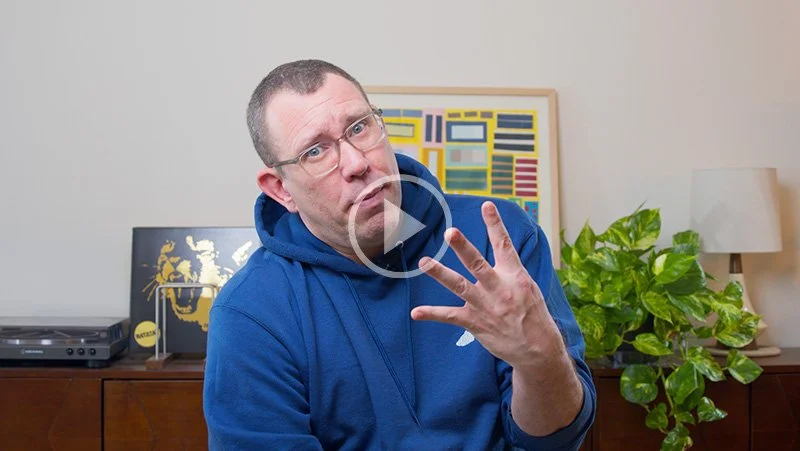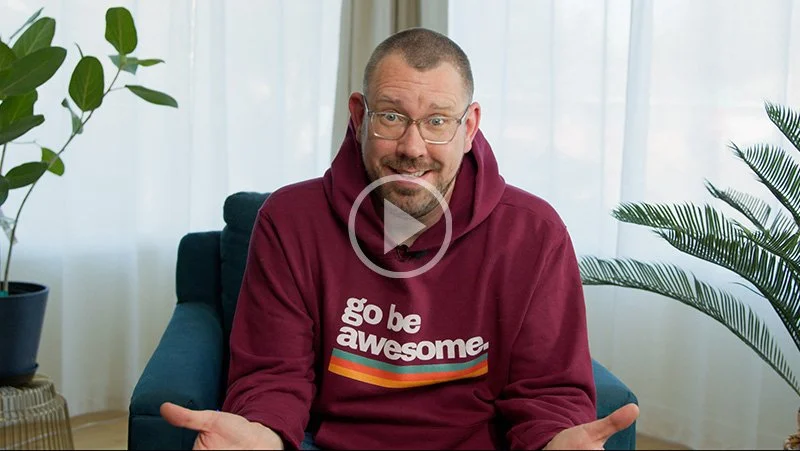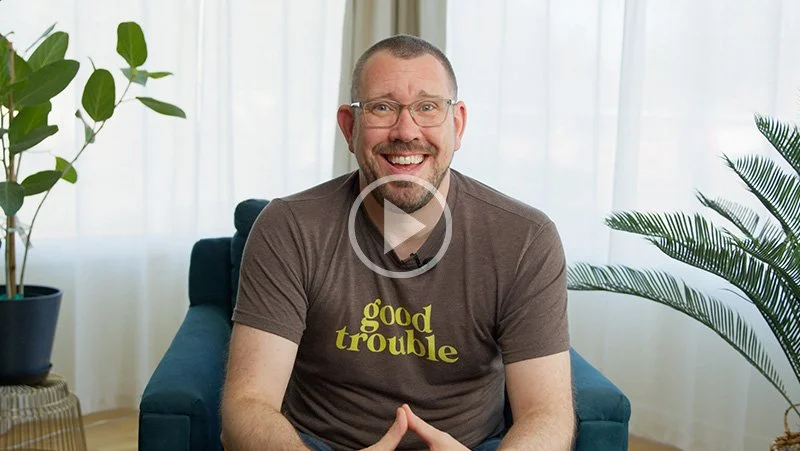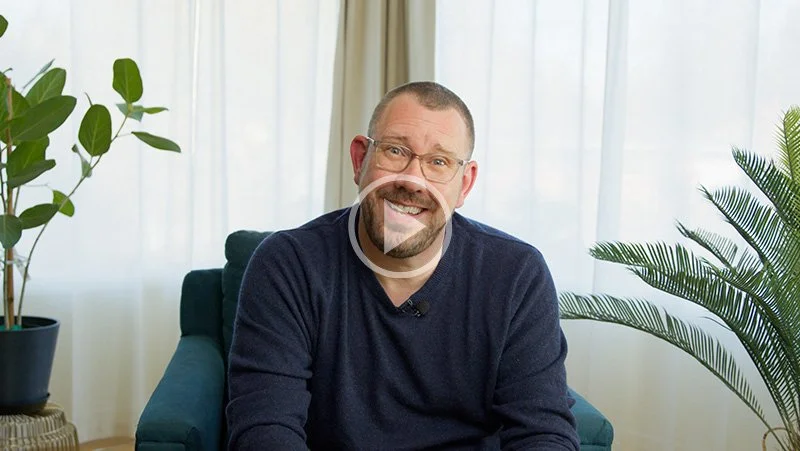Conflict Skills: Don't Be So Quick to Anger
Welcome to the #culturedrop. Every Tuesday, Galen Emanuele emails tools to advance leadership skills, team culture, and personal growth. No spam, just great content. Sign up now to get it in your inbox.
Stop being so prickly: rethinking conflict at work (and in life).
Conflict. Not the dramatic kind with shouting and slamming doors, but the more common, everyday moments where tension can flare up over a small situation, like a difference in opinion.
Many people are so quick to get prickly, defensive, or straight-up angry at even the slightest irritation or disagreement. It doesn’t have to be this way.
Disagreement isn’t war.
A simple truth: disagreement is not conflict. Just because someone sees a situation differently, even if it’s very differently, doesn't mean it’s a fight. It’s not personal. It’s not even really a problem until you make it one by how you react.
You can disagree with someone about a project direction, a strategy, a small detail, or the way forward and still stay calm, respectful, and constructive.
You’re not arguing until you act like you’re arguing — raising your voice, shutting the other person down, getting combative, insulting or blaming the other person etc. Otherwise, it’s just two people that aren’t on the same page exchanging ideas. That’s not conflict, it’s actually more like collaboration.
“It’s not the presence of opposing views that creates a problem — it’s how we behave and navigate the situation that creates a problem.”
Conflict is about behavior, not beliefs.
A healthy shift in how we view conflict: It’s not the presence of opposing views that creates a problem — it’s how we behave and navigate the situation that creates a problem.
When conversations turn into competitions; who’s right or wrong, who wins, who makes the best points, that’s when things get messy. When that occurs, it’s not about solving a problem anymore. It’s about protecting and defending egos. That’s where progress stalls and situations devolve into arguments.
Great teams, partnerships, and leaders understand that conflict doesn’t need to be avoided, but it does need to be managed well. That starts with being in control of emotional behavior and a willingness to listen, not just waiting for your turn to talk and try to “win.”
Ditch the armor, get your head right.
Your homework if any of this sounds like you: find a way to chill out a little more in life and not be so prickly and quick to anger.
Seriously, find ways in your life to prioritize whatever helps you decompress. Yoga, therapy, sports, start a journal, get a drum kit, anything that gives you space to calm down, unwind. and reset your nervous system.
“The more you practice this with small things, the better you get at navigating even really tough conversations without turning them into arguments and fights.”
There are endless books, videos, and resources at your fingertips to tap into and give you more tools to navigate static and chill out in your life. With very little effort (Google) you can find a ton of resources in this space. Stop letting little disagreements or otherwise minor situations feel like a big deal or a personal attack.
The more you practice this with small things, the better you get at navigating even really tough conversations without turning them into arguments and fights. The ability to do that is extremely good for your mental health and makes you a more effective coworker, collaborator, leader, friend, partner, human.
Final thoughts.
Being less reactive doesn’t mean being a pushover. It means being steady, clear-headed, and solution-focused even when things get tense. In any team or workplace, that’s gold for the situation and the relationship.
“Being less reactive doesn’t mean being a pushover. It means being steady, clear-headed, and solution-focused even when things get tense.”
The next time someone pushes back on your idea, or you come up against a disagreement, resist the urge to get prickly. Relax. Respond with curiosity and understanding instead of defensiveness. You might just turn a disagreement into a breakthrough, or at the very least preserve the relationship and your peace of mind.
Related Blogs:
How to Gently Approach Conflict
Want more?
This article was created by Galen Emanuele for the #culturedrop. Free leadership and team culture content in less than 5 minutes a week. Check out the rest of this month's content and subscribe to the Culture Drop at https://bit.ly/culturedrop








